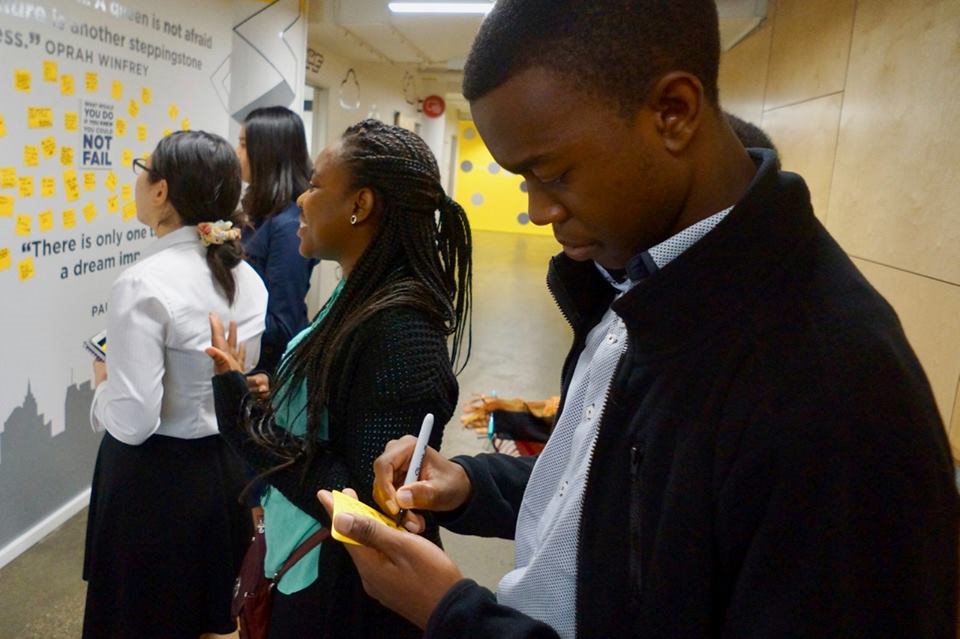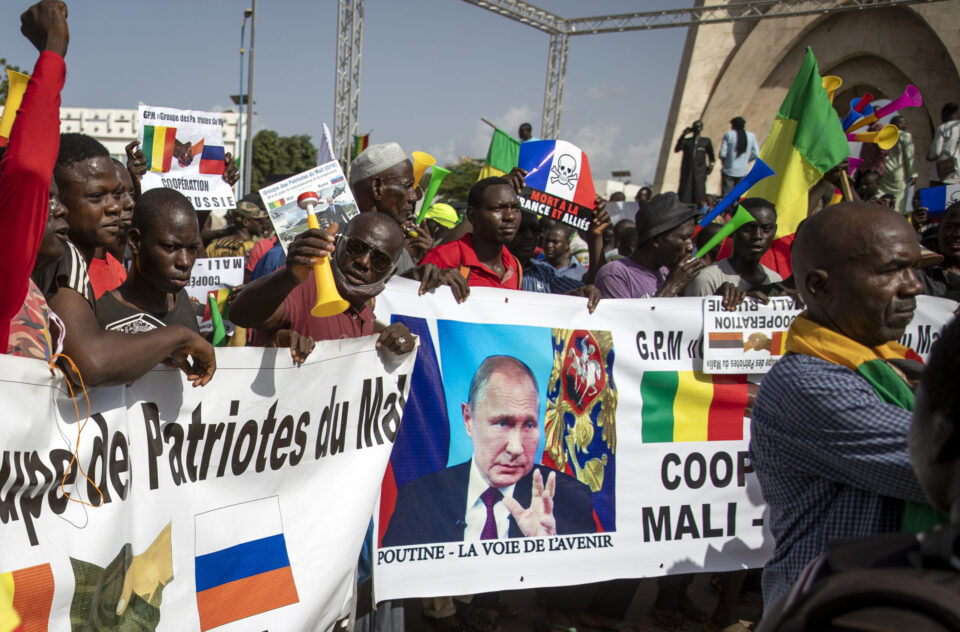
It is no news that in recent times citizens of some states in Africa have taken to the streets in protest against certain public policy that is not favorable to them. There is the case in Mali of protests which ended in the police shooting protesters, and there is the recent series of protests held across Nigeria against the leadership of President Buhari. In all these protests, the protesters have experienced several cases of human rights abuse, ranging from being openly fired at to being suppressed using physical and aggressive forces by law enforcement agents. The rationale behind the use of force to halt or crackdown protests is one of the issues we shall be looking at in this post.
Protests create the perception of anarchy, and a state in anarchy is a failed state. Protests occur to bring the attention of the public to a certain policy or action that is generally unfavorable to the rest of the public or those directly affected by the policy or action. In other words, anarchy is an effective means of bringing stability to a state and its citizens. This should be the perception of protest which most African leaders should have when such protests are carried out within their states.
However, this is not the case. The violent crackdown of protesters have always been perceived by certain leaders as being a way to restore ‘order’, thereby deliberately overlooking the reason for this ‘anarchy’ in the first place. A protest against certain public policy or series of public policies that have an adverse effect on the lives of the citizens generally brings the attention of the government to the issue at hand. The fact that crackdowns have to occur against protesters is one issue we have to look at.
Like we stated earlier, protests project a perception of a state in anarchy. Various people defiling government regulations, laws, and precedents, leaving their jobs and marching to the street in great numbers kicks off a view of potential disruption of the state. Despite this being a fundamental right for citizens, living out this right sparks up a certain level of fear and concern on the side of the government of the state, hence the option of cracking down on protesters using reasonable and unreasonable force becomes a means to rectify this fear or concern, or (for political reasons) anarchy.
This is it! the reason why most governments fear protests; the reason why protests have always been an effective means of gaining government attention; the reason why a state is ready to roll out all her security agencies, just like in the case of Nigeria, to combat protesters, is clearly because this shows that the power to make ANY amount of type of change lies with the people. The government may be backed by law to do whatever it feels or deems necessary for the benefit of the public, but when the people rise up to speak for themselves, the government will have NO OTHER OPTION but to listen and act accordingly.
This is the untapped powers of protests which a lot of us have failed to see or taken advantage of. Our forefathers marched to the streets to protest against cases of racism, colonialism, apartheid, and other forms of social vices. They were beaten, arrested, and killed in most cases. But in the end, the will of the people dominated that of the government. We have to bask on this reasoning and ensure that we speak up against the issues that bother us in our various locations across Africa and the black community as a whole.
True powers lie with the people; and until the people tap from these untapped powers of a protest, we will always be a pawn in the game of unfair public policies. The fear of our lives and properties will only keep us on our knees and make our future generations suffer for issues we could have easily stood up. We must embrace peaceful protest as a means of changing public policy that has adverse effects on our lives in Africa.
See – Black on Black Crimes – The Action That Makes Prone to Social Injustice




